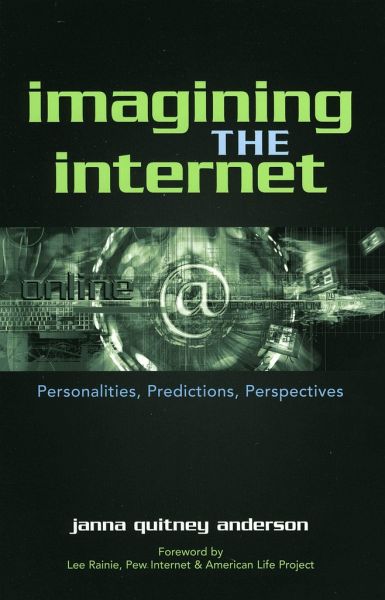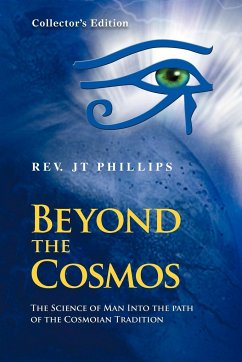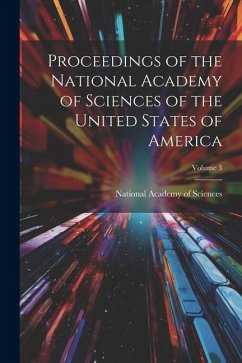
Imagining the Internet
Personalities, Predictions, Perspectives
Versandkostenfrei!
Versandfertig in über 4 Wochen
52,99 €
inkl. MwSt.
Weitere Ausgaben:

PAYBACK Punkte
26 °P sammeln!
In the early 1990s, people predicted the death of privacy, an end to the current concept of "property," a paperless society, 500 channels of high-definition interactive television, world peace, and the extinction of the human race after a takeover engineered by intelligent machines. Imagining the Internet zeroes in on predictions about the Internet's future and revisits past predictions-and how they turned out-to put that imagined future in perspective. Interlaced with revealing analysis, this compendium of thoughts from stakeholders and skeptics, from George Orwell, Marshall McLuhan, and Isaa...
In the early 1990s, people predicted the death of privacy, an end to the current concept of "property," a paperless society, 500 channels of high-definition interactive television, world peace, and the extinction of the human race after a takeover engineered by intelligent machines. Imagining the Internet zeroes in on predictions about the Internet's future and revisits past predictions-and how they turned out-to put that imagined future in perspective. Interlaced with revealing analysis, this compendium of thoughts from stakeholders and skeptics, from George Orwell, Marshall McLuhan, and Isaac Asimov to Bill Gates, Bruce Sterling, Nicholas Negroponte, Al Gore, and many others, combines history and biography with future visions and a look at the social, political, and economic consequences of new communication technology. It also gives the history of communications in a nutshell, illustrating the serious impact of pervasive networks and how they will change our lives over the next century. Visit www.elon.edu/predictions/ to view a comprehensive database that forms the investigative basis for this book.













